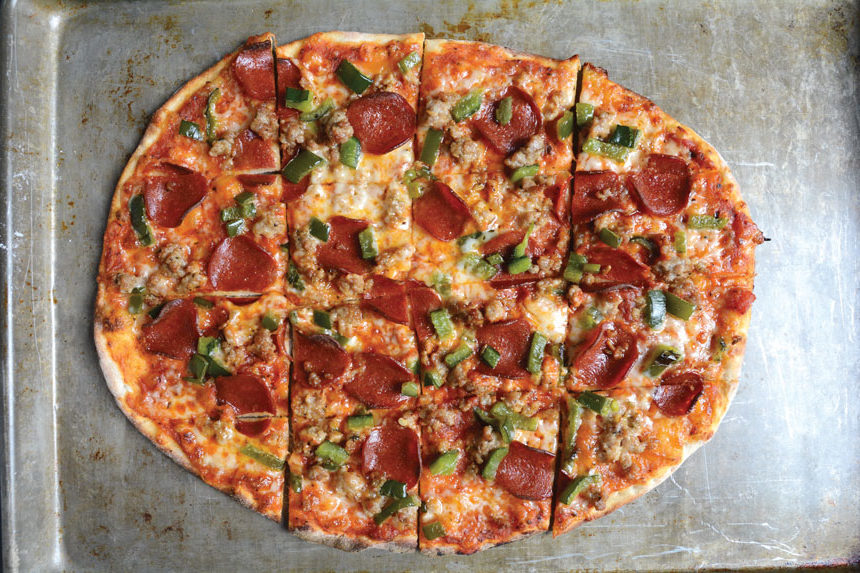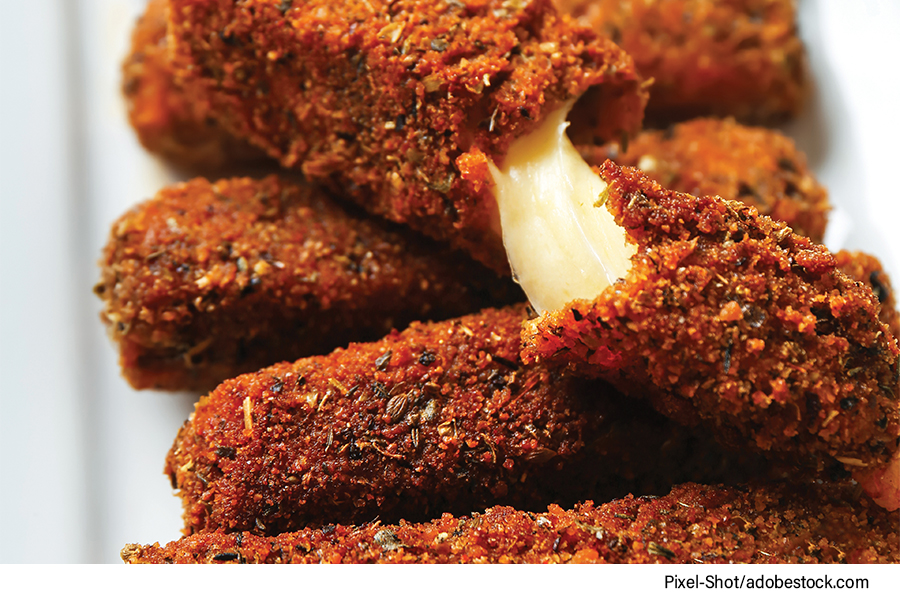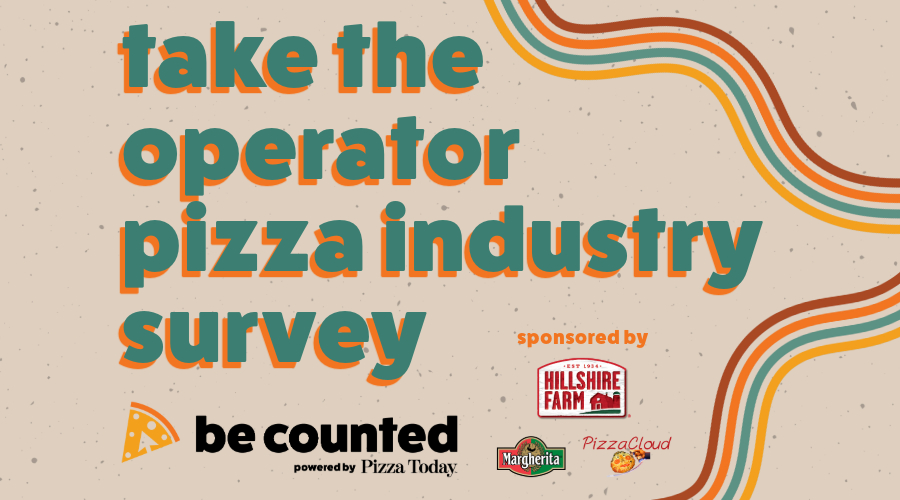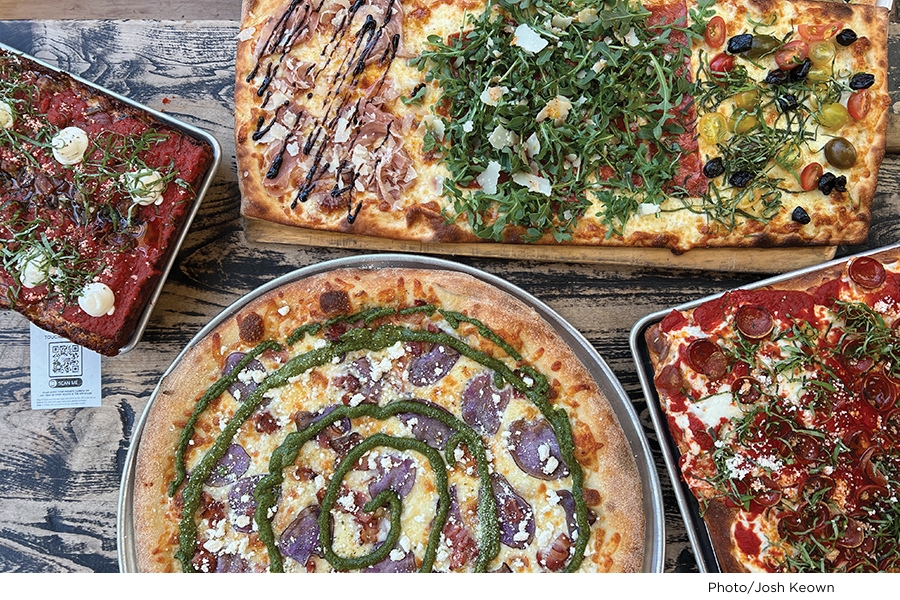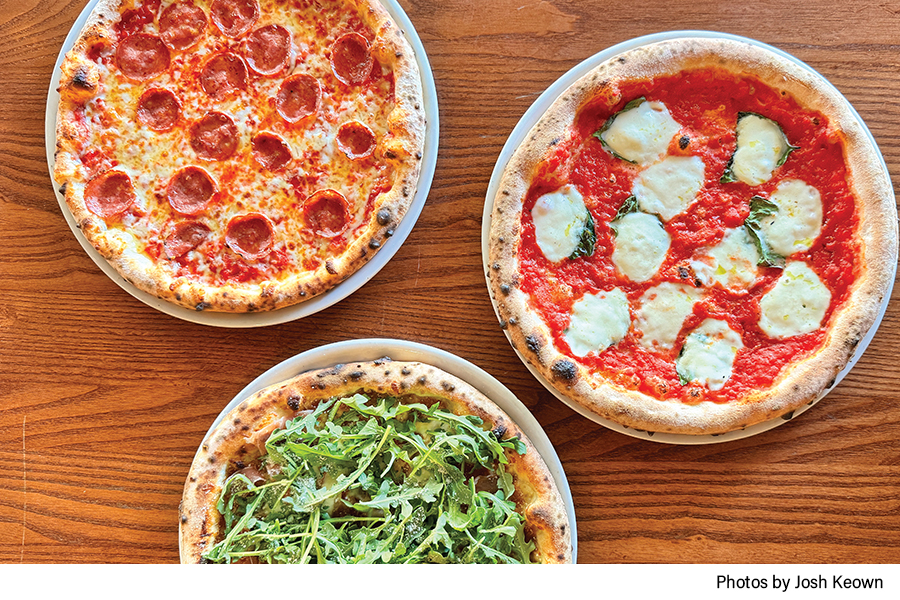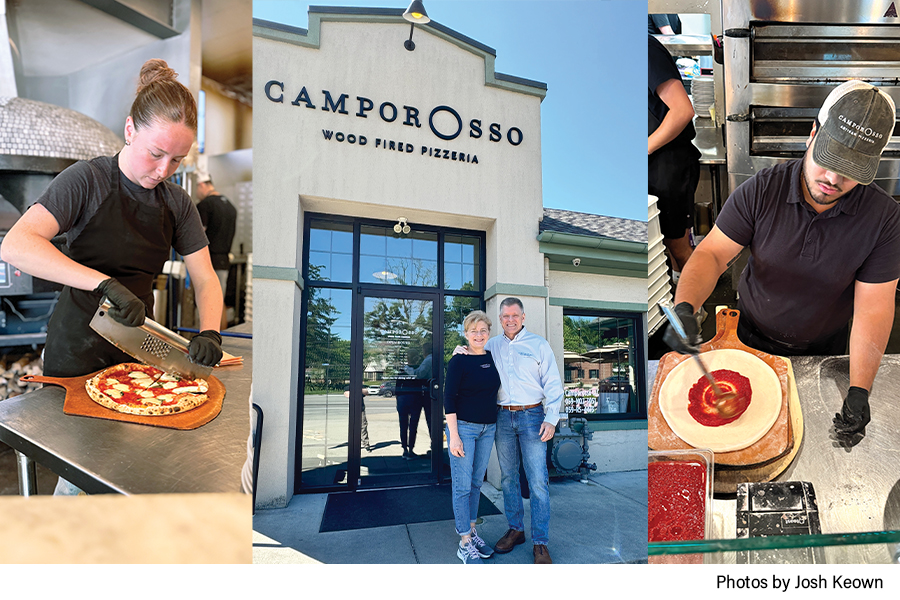Know the copyright rules on social
The information provided in this article does not, and is not intended to, constitute legal advice and is for general information purposes only. Readers should contact an attorney in their jurisdiction for questions and advice regarding this topic.
As social media has become a vital part of marketing and branding for businesses, particularly restaurants, it is important for pizzeria operators and those who create and post content for them to understand copyright laws. Copyright laws apply to all types of content, including photos, videos and written material. While these laws are in place to protect the rights of creators and owners of original content, they can be confusing for a small businesses owner who just wants to promote their business.
What are the Rules for Social Media and Copyright?
The basic rule for social media and copyright is that all content is subject to copyright laws unless it is explicitly stated otherwise. This means that if a photo, video or written material is created by someone else, it cannot be used without permission from the creator or owner. If a business is found to have used copyrighted material without permission, it can lead to legal action, including removal of the content, fines and penalties.
Likewise, if your business posts original content on its social platforms and a competitor uses the same, or similar, content on their page, that is a violation and you can demand that the infringer to remove the content and threaten legal action.
Social media platforms, like Facebook, Instagram and TikTok have their own internal rules when it comes to copyright, as well. These rules vary by platform, but in general, social media platforms require users to own the content they post, have permission from the owner to post it, or at the bare minimum attribute the content to its owner.
These platforms also have a reporting system in place for copyright violations, where owners of copyrighted material can report the unauthorized use of their content. They also have automated systems that can detect copyright material and remove it, particularly music, by either muting the content or deleting it altogether.
Here are some best practices:
- Only post content that the restaurant owns or has permission to use. This includes photos, videos and written content. If you are unsure if you have permission to use the content, it is best to err on the side of caution and not use it.
- If you do use content that belongs to someone else, contact the creator to obtain permission, or, if you can’t obtain permission, give proper attribution to the original creator and provide a link to the original creator. Attributing the content to its creator does not mean that you then have automatic permission to use the content, but it is helpful to show to a social media platform that you are not purporting to be the creator of such content.
- If using music in a video, try to use music that is licensed by the “Creative Commons”, a non profit organization that obtains licenses for music and provides it for free for use in the public domain.
Why does this matter?
Using copyrighted material without permission, called “copyright infringement”, can lead to legal action from the owner of the content in a civil lawsuit seeking damages per occurrence. Awards for damages can range from $750 to $30,000 per use of the copyrighted material. Additionally, federal criminal penalties can be assessed for willful copyright infringement, meaning that one used material that they knew was copyrighted and continued to use it. These penalties can result in imprisonment of up to five years and fines of $250,000 per occurrence. Some of the biggest mistakes restaurants make when it comes to copyright and social media include:
- Using Images from Search Engines. Many restaurants make the mistake of searching for images on search engines such as Google and using them without permission. Always use your own original images or obtain permission from the owner of the images.
- Using Images from Other Social Media Accounts. Some restaurants make the mistake of taking images from other social media accounts and using them without permission. If another social media account posts a picture, video or other content, it is theirs and cannot be used by your account.
- Using popular, copyrighted music as background music for a video. Some social media platforms will allow copyrighted music to be used if it is given attribution to the creator and is used in short videos, but the exact rules on each platform vary and are not published, so it can be difficult to know what is acceptable and what is not. The last thing you want is to spend time putting together a reel or TikTok only to have it muted or removed by the platform. Not only is it frustrating, but it also looks unprofessional to customers.
- Playing music through non-commercial streaming services. While this is not directly related to social media, this is one of the biggest areas of copyright infringement in restaurants. Always use an approved commercial music streaming service to play music in your restaurant. Note that popular streaming services for personal use, like Spotify and Apple Music, are not commercial providers. Music licensing companies like SESAC will pay people throughout the country to dine at a restaurant or look through its website to try and catch restaurants misusing copyrighted music. This also applies to live musicians for hire who might play covers of popular songs – this also counts as a copyright violation. If they find a violation, the licensing company will send threatening cease and desist e-mails with the threat of fines of $50,000 per occurrence of misuse.
If you are unsure if material that you want to use is copyrighted or have any other concerns about copyright laws, seek legal advice. An attorney who specializes in intellectual property law can provide guidance on the legalities of using copyrighted material and help avoid any legal issues.
The last thing a pizzeria operator has time to deal with is copyright infringement fines or lawsuits. Following these best practices should help you avoid most issues and will allow you to create a thriving social media presence for your brand without worry.
Thomas Reinhard is a Seattle-based business attorney and a co-owner of Cascadia Pizza Co.

